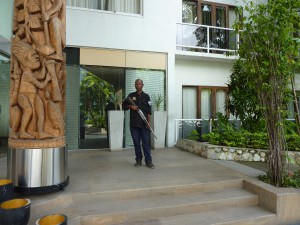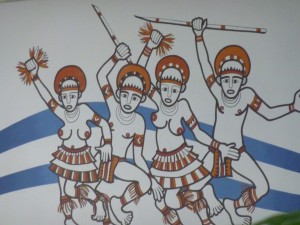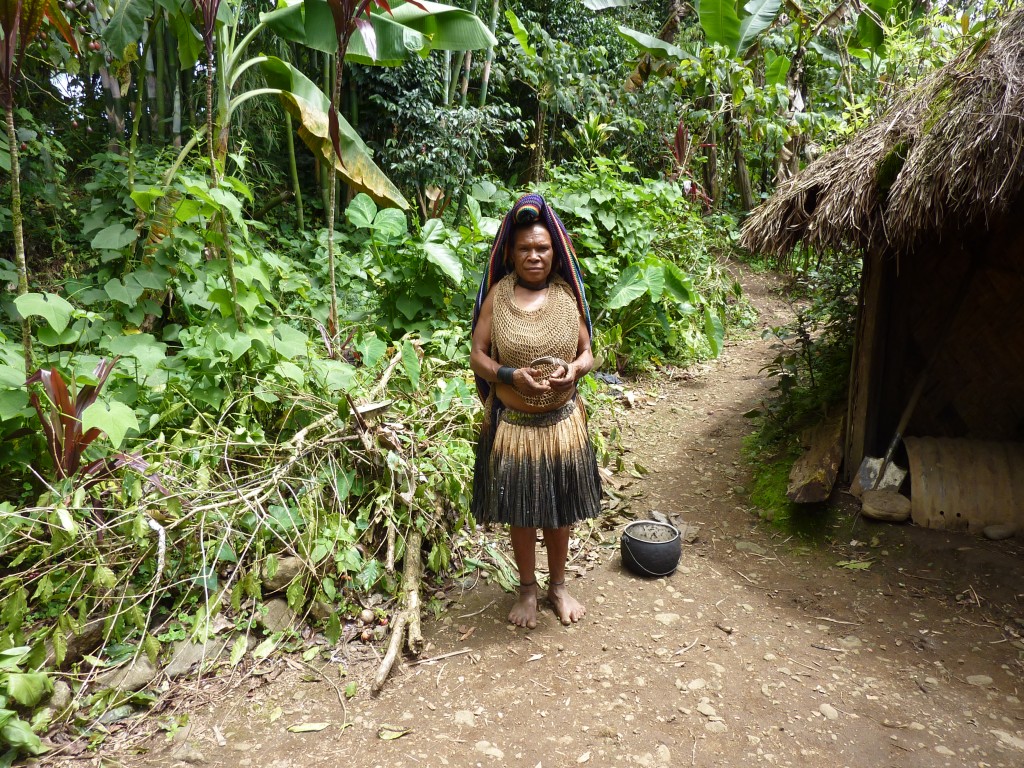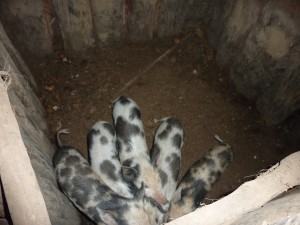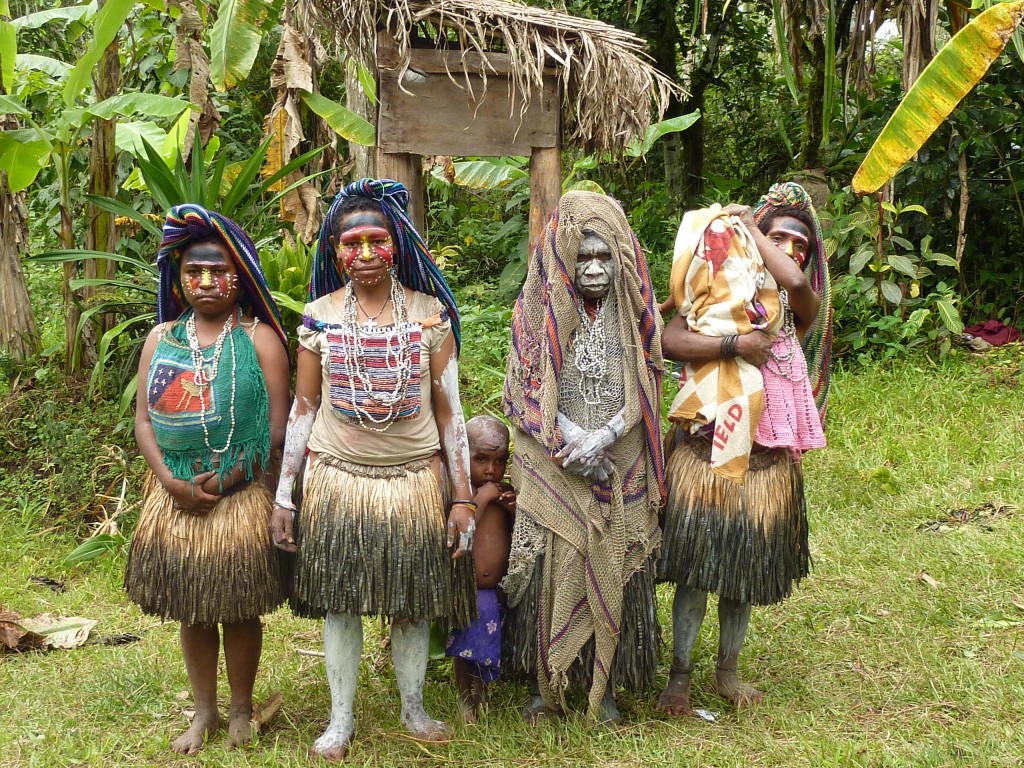PAPUA NEW GUINEA PART 2
Posted March 28 ’12If you decide to go to Papua New Guinea, you’ll probably get a lot of unsolicited advice from well meaning people instructing you not to go. “The government is unstable.” “There is no law enforcement.” “You’re gonna get malaria, guaranteed.” Most of these well-wishers have never actually set foot in the country but they’ve read things or heard troubling accounts and therefore feel qualified to advise. Horror stories abound. And it’s true. If you look on the Internet you’ll find story after story of terrible crimes, a virtual inventory of man’s worse deeds. The capitol of PNG, Port Moresby, often appears on top ten lists of most dangerous cities in the world along with places like Bagdad and Karachi. But St. Louis, Missouri is also on a lot of those lists as is New Orleans. It’s always about knowing where to go. Still, Port Moresby is dangerous and I was too big of a chicken to go downtown so we spent the first night at the heavily guarded airport hotel before catching a flight out the next day.
Books and websites warn the female visitor to dress modestly, always keeping shoulders and knees covered, and to never travel alone. This bit of information did concern me. Bikinis are discouraged and several sites advised swimming in a sarong. I’m not sure how far one could actually swim in a sarong but I got the message. Cover up. Be as invisible as possible. Respect this modest culture. So it was confusing to me when I got to the airport and saw the public art decorating the walls. Picture after picture of topless women, dancing with wild abandon.
We flew up to the Southern Highlands to visit the Huli tribes. I was pleased and surprised to see that the area remains very culturally intact. Many of the older ladies are still topless. The younger women wear woven tops and grass skirts.
Huli men and women live separately. The men fear that the women have dangerous powers that will drain them of strength and so they do not allow wives or daughters to touch their food or enter their house. Men never step foot in the women’s houses because it’s considered unsafe. Couples conduct marital relations in the jungle.
The women are in charge of the gardens, raising the pigs and rearing children. Pigs, guinea pigs (used for fur), children and women all live in tiny thatched huts with dirt floors. They also weave thatch and make clothing. The men concentrate on honing their warrior skills so that they’re ready for battle. Everyone works very hard. Visiting these people made me feel very soft.
The relations between men and women are hard for me to understand. Brides are bought from their families. The current bride price is 30 pigs. Pigs are treated with great care. Women have a much harder time. Domestic violence is culturally acceptable. Rape is a huge problem. A woman can leave her husband only if she repays the thirty pigs, which is impossible for most. I found it very telling that when a husband dies, the widow disguises herself so that his spirit will not be able to find her. Widows don’t remarry.

